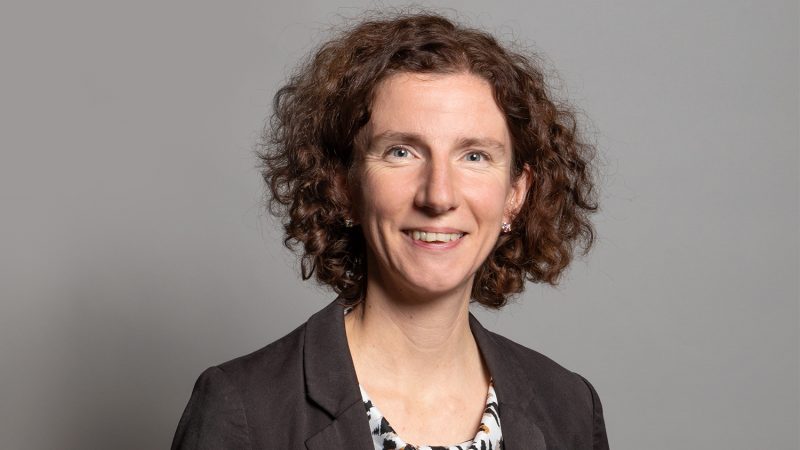
Anneliese Dodds is expected to set out four tests against which the UK’s recovery from the pandemic should be measured, and call for the government to abandon its “one-size-fits-all approach” to support schemes.
In her first major speech as Shadow Chancellor tomorrow, Dodds is expected to say that “we need guarantees of delivery, not just warm words – for ten years, the Conservatives have talked and talked: they have not built”.
She will call on the government to extend the furlough scheme in areas that have been forced to go into a local lockdown, “so that localised second waves don’t wash away businesses and jobs in their wake”.
Dodds is expected to emphasise the need for the government to “recognise the scale of the challenge we face” by committing to a ‘back to work’ Budget “focused on jobs, jobs, jobs”.
Among the tests is commitment from the government not to raise taxes or cut support for low and middle-income families. The full four tests the Shadow Chancellor will set out are:
- “A focus on creating, supporting and protecting jobs;
- “That it produces a bounce-back effect across the country;
- “That every project announced is carbon neutral or carbon reducing; and
- “That the government commits, at the very least, to not increase taxes or cut support for low and middle-income people, during the recovery period.”
On businesses, Dodds will say: “It has been heartbreaking to hear from many of them in recent weeks, how they feel their businesses slipping through their fingers because of a temporary lack of cashflow even though with the right, targeted support now, they would be perfectly viable in the long term.
“That frustration, that anger, at working hard all your life, playing by the rules, doing the right thing, waiting your place patiently in the queue, only to find it snatched away from you by a combination of this terrible crisis and government’s refusal to help. That isn’t about ‘picking winners’. That’s basic fairness.”
She will criticise the government’s “one-size-fits-all” approach to the job retention scheme, and say that “workers in struggling sectors cannot and should not be treated the same way as workers in sectors that are already back to full capacity”.
“This is not about ‘picking winners’, in the Chancellor’s words,” Dodds will say. “It is about protecting those who have lost – through no fault of their own. It is about giving people across the country a fair chance. The reward for months of sacrifice cannot be a redundancy notice.
“This week we saw a wave of companies announcing enormous job losses – because the government is refusing to shift from its one-size-fits-all approach. To avoid the same flood of redundancy notices for workers within smaller companies later on this month, government must act now – and abandon its one-size-fits-all approach.”
Labour initially demanded measures to protect jobs in a ‘back to work’ Budget last month, warning that the UK could see “mass unemployment on a scale not seen for decades” when the furlough scheme is withdrawn.
Earlier in the week, Dodds reinforced this with a call for the government to take “much more urgent action” to protect jobs during the pandemic and highlighted that other countries were doing more.
The party has also said that the furlough scheme should be extended into next year, with Transport Secretary Jim McMahon describing it as “far more sensible that those jobs are protected”.
He told BBC News on Wednesday: “It would be ridiculous to spend billions of pounds on a furlough scheme – that’s meant to be a job retention scheme – for staff who the government know will be made redundant very shortly.”
The furlough scheme has protected more than eight million jobs across the country throughout the health crisis. Economists have warned that the level of unemployment will rise sharply as the government scheme is removed.




More from LabourList
Government abandons plans to delay 30 local elections in England
‘The cost of living crisis is still Britain’s defining political challenge’
‘Nurses are finally getting the recognition they deserve’